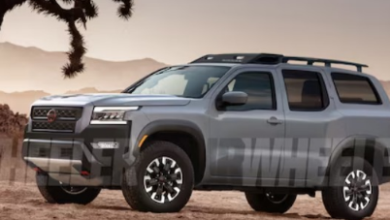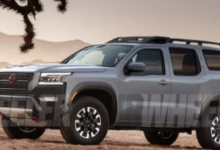From Elon Musk Mockery to Triumph: China’s BYD Overtakes Tesla as the Leading EV Manufacturer

In 2011, Elon Musk dismissed BYD, ridiculing their products during a Bloomberg interview. He commented on the unattractiveness of BYD’s car design and criticized the perceived weakness in their technology. Musk also highlighted BYD’s substantial challenges in their home turf, China, suggesting that their primary focus should be on survival in that market. However, the tables have turned, and BYD has not only survived but surpassed Tesla in the fourth quarter of the previous year, emerging as the leading electric vehicle (EV) maker.
READ: OAS to Step in as Mediator in Guatemala’s Power Transition Crisis
Elon Musk
BYD, a company initially involved in phone battery manufacturing, has diversified its interests, ranging from batteries to mining and semiconductors, contributing significantly to its success. Founded in 1995 by chemist Wang Chuanfu, BYD initially gained prominence by supplying lithium-ion batteries to mobile phone industry giants Motorola and Nokia in the early 2000s.
In 2002, BYD went public on the Hong Kong Stock Exchange, leveraging its success in lithium-ion batteries. The company made a strategic move into the automotive sector in 2003 by acquiring Xi’an Qinchuan Automobile. While initially producing combustion engine models, BYD entered the electric vehicle space in 2008 with the launch of the F3DM, a plug-in hybrid electric vehicle.
A pivotal moment in BYD’s electric vehicle journey occurred in 2020 with the introduction of the Blade battery, an innovative lithium iron phosphate (LFP) battery. The Blade battery, known for its superior energy density and safety, played a crucial role in BYD’s growth in the EV market. In 2020, BYD sold 130,970 pure battery electric vehicles, and in the following year, the figure soared to 1.57 million.
BYD’s success can be attributed to strategic investments, resilience built through supplying batteries to major companies like Apple, and its multifaceted business portfolio. The company’s early involvement in hybrid cars, effective branding with sub-brands targeting different market segments, and a mid-range positioning in China contributed to its growth. Additionally, BYD’s rise has been facilitated by substantial support from the Chinese government, which has offered subsidies and state support to boost the country’s EV sector.
Expanding its global footprint, BYD is aggressively entering markets beyond China, with a 43% market share in electric vehicles in southeast Asia. The company is set to open its first European manufacturing plant in Hungary and is eyeing lithium mining assets in Brazil to secure a key component for its batteries.
However, as BYD expands globally, it faces scrutiny from governments concerned about subsidies granted to Chinese automakers. The European Commission launched an investigation into subsidies for Chinese electric vehicle makers, while the U.S. aims to bolster its domestic EV sector through initiatives like the Inflation Reduction Act.
Despite political challenges, BYD remains committed to global expansion, evident in its recent investments and initiatives, showcasing its determination to sustain growth and establish itself as a global powerhouse in the electric vehicle industry.






